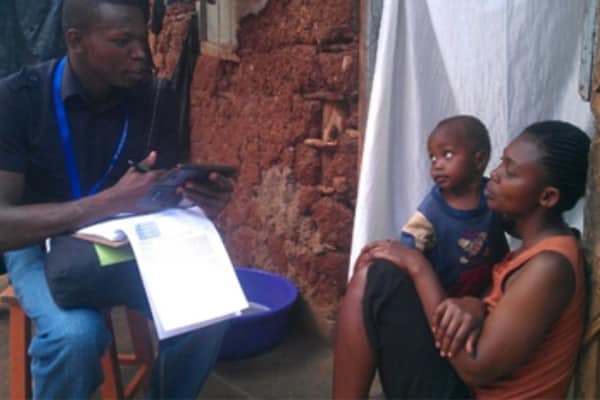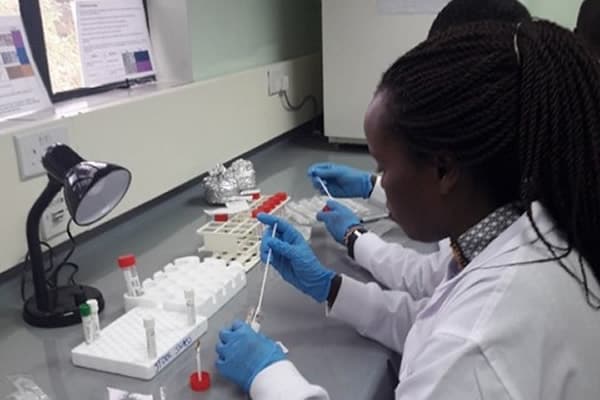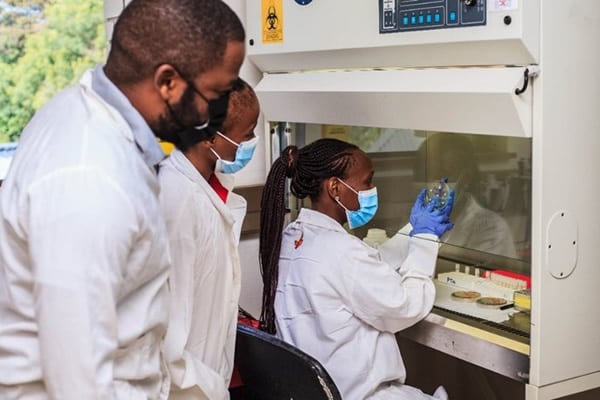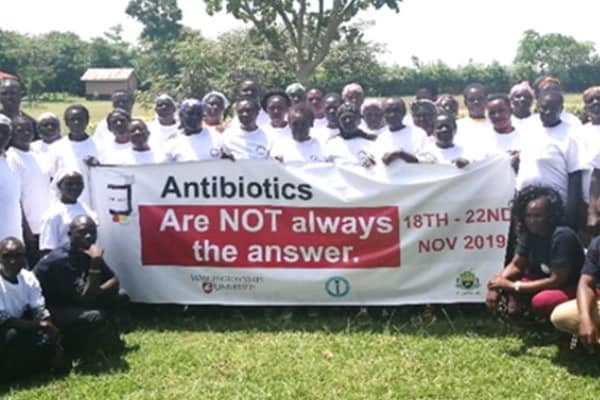CDC Invests in Multi-Country Projects to Help Stop Spread of Resistance
Posted On: June 2022
- As part of the Global Antimicrobial Resistance Laboratory and Response Network, CDC’s global partners are working in six countries to increase understanding of how individuals are becoming exposed to multidrug-resistant organisms.
- The partners will share their findings with relevant stakeholders and the scientific community to inform prevention tactics that reduce the spread of these germs in regions where resistance data may be limited.
- This work plays an important role in stopping the silent spread of deadly germs, especially in healthcare settings.
About Antibiotic Resistance
- Antimicrobial resistance is an urgent global public health threat, killing at least 1.27 million people worldwide and associated with nearly 5 million deaths in 2019. In the United States, more than 2.8 million antimicrobial-resistant infections occur each year and more than 35,000 people die as a result.
- MDROs are germs that are resistant to one or more groups of antibiotic drugs, which means infections become difficult or impossible to treat.
- Antimicrobial resistance has been identified in all regions of the world and can rapidly spread. Modern travel of people, animals, and goods means resistance can easily spread, too. However, there are considerable knowledge gaps regarding how much antimicrobial resistance occurs in some regions of the world. This is especially seen in low- and middle-income countries that lack laboratories to test for resistance and systems to collect infection data.
As part of CDC’s Global Antimicrobial Resistance Laboratory & Response Network, the Antibiotic Resistance in Communities and Hospitals (ARCH) partners are investigating high-risk, multidrug-resistant organisms (MDROs) in six countries to increase understanding of how these pathogens (harmful germs) spread in communities and healthcare settings.
As part of the ARCH work, scientists are gaining a foundational understanding of how individuals become exposed to MDROs. By understanding this exposure, scientists can then work to better target interventions to reduce the spread of these germs. People who are exposed to MDROs can become infected or colonized by the pathogen. Although colonization does not directly cause an active infection, colonized people may be more likely to develop multidrug-resistant infections in the future, and they can spread those pathogens to others.
To gain a better understanding, the ARCH projects include:
- Conducting questionnaires and collecting specimens in hospitals and communities to determine what increases people’s risk of MDRO colonization. Factors like antibiotic use and recent hospitalization put people at higher risk for acquiring some resistant infections.
- Testing specimens for extended-spectrum cephalosporin-resistant Enterobacterales (ESCrE) and carbapenem-resistant Enterobacterales (CRE) to determine the abundance and types of MDROs within healthcare facilities and communities. Some ARCH sites also test for colonization of methicillin-resistant Staphylococcus aureus (MRSA) and colistin-resistant Enterobacterales (ColRE). Some of these pathogens are listed as urgent or serious threats in CDC’s 2019 AR Threats Report.
- Studying the genetic sequences of these MDROs, which provides insights on how these bacteria develop and spread resistance.
ARCH partners will add to the existing knowledge base by sharing these key findings with relevant stakeholders and the scientific community to inform prevention tactics in regions where resistance data may be limited. By contributing to the global understanding of high-risk MDROs in hospitals and communities, this work will help identify new targets on which to focus to prevent MDRO colonization and the spread of antimicrobial resistance.
In so doing, ARCH is playing an important role in stopping the silent spread of deadly germs, especially in healthcare settings.



